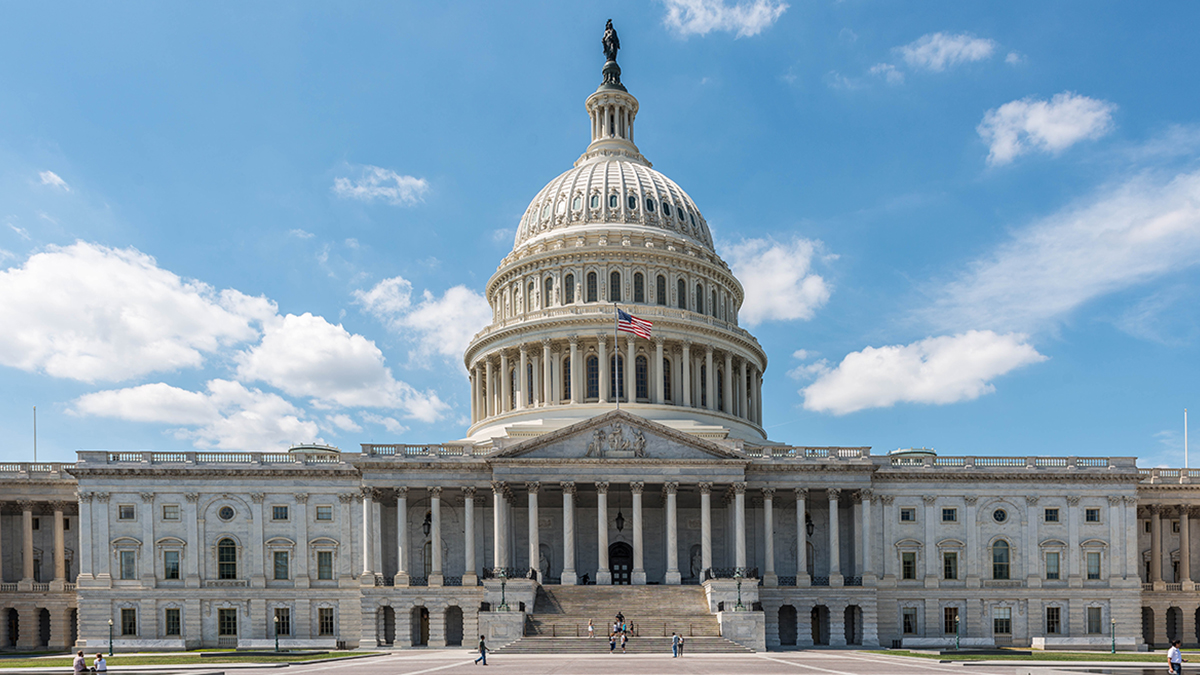House
The House spent most of August in recess, with Democratic leadership locked in conflict with the White House, Senate Republicans, and Treasury over COVID-19 relief package negotiations. Despite lawmakers being at home, House members were called back for a rare Saturday vote on August 22, where they voted to address operational issues at the USPS. The House will return in September, largely done legislating this year, with Members focused on tying up final loose ends before elections on November 3.
Senate
Being mostly in recess, the Senate had a light month on the legislative front, confirming a handful of nominees and holding a few hearings. With COVID-19 relief package talks stalled, the Senate left after the first week of August. They will be back in session the second week of September. With only about 60 days until 2020 elections, Senators are now at home, many of whom are facing tough races and will be using this time to bolster their campaigns. Still looming are appropriations and funding the government as we move into what will surely be looked back upon as a historic Fall.
White House
With a plethora of executive actions, increasing domestic unrest and political violence in American cities, a heavy dose of campaign events, the RNC taking place at the White House, and Hurricane Laura, the Administration was quite busy in August. With Laura making landfall far stronger than anticipated, Department of Energy officials have been working closely with IADC and the rest of the natural gas and oil industry to monitor facility damage and ensure employee safety following the storm. On August 7, the President signed an executive order and three Executive Actions in an effort to provide relief to Americans and break the stalemate of COVID-19 relief package negotiations between Congressional Republicans, the Treasury Department, and House Democrats. On paper, the executive actions taken by the President include deferring a portion of payroll taxes paid by employees, providing supplemental payments for lost wages, extending the federal moratorium on evictions, and extending the deferment of federal student loan payments, however many specific details on the implementation of these policies have yet to be made clear by Administration officials. The Administration has continued rolling forward with its agenda on the energy front as well; on August 14, the EPA released final amendments to regulations on new oil and gas infrastructure, lifting certain methane emissions rules for new oil and gas wells as well as lowering the frequency of certain leak detection requirements from quarterly to twice a year.





